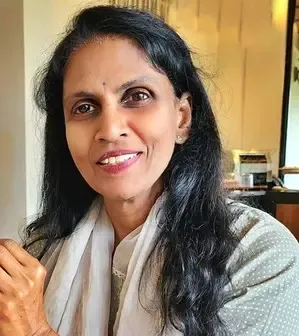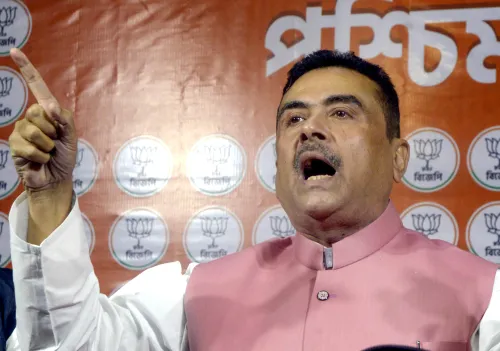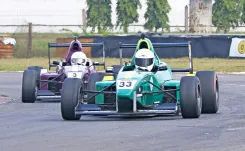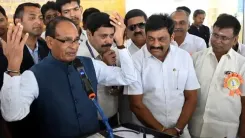Did Rahul Gandhi Visit J&K’s Poonch to Support Families Affected by Pakistani Shelling?
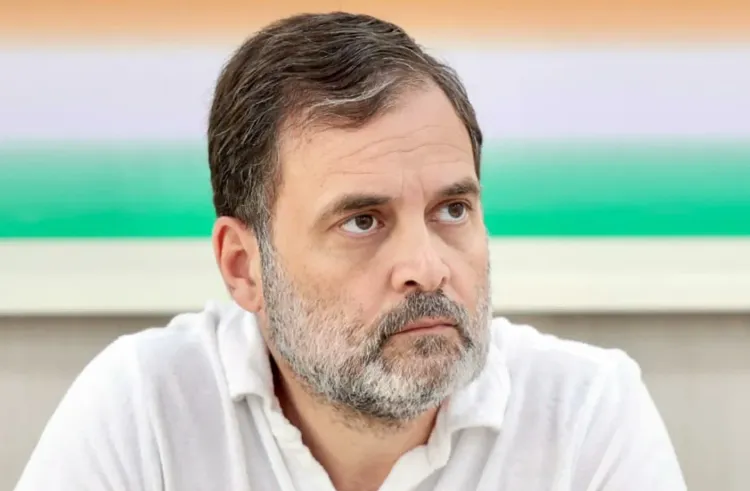
Synopsis
Key Takeaways
- Rahul Gandhi visited Poonch to support victims of shelling.
- He is the first national leader to show solidarity with the affected families.
- The shelling led to significant civilian casualties and damage.
- Many residents have been forced to evacuate their homes.
- A ceasefire agreement was reached between India and Pakistan, contingent on the absence of terrorist activities.
Jammu, May 24 (NationPress) The Leader of the Opposition (LoP) in the Lok Sabha, Rahul Gandhi, arrived in Poonch district of Jammu and Kashmir on Saturday to connect with the victims impacted by the recent cross-border shelling from Pakistan.
The president of the J&K Congress, Tariq Hameed Karra, informed the media that Rahul Gandhi plans to visit various shell-damaged locations, such as a gurdwara, a temple, a madrassa, and a Christian missionary school.
“He will engage with the grieving families and members of the civil society. He is the first prominent national figure to reach out to those affected, showing his solidarity and empathy,” stated Karra.
This marks Rahul Gandhi's second trip to J&K since the tragic Pahalgam terror attack on April 22, which resulted in the loss of 26 lives, including 25 tourists and a local resident.
On April 25, he visited Srinagar to meet those injured in the Pahalgam attack and also held discussions with J&K Lt Governor Manoj Sinha, Chief Minister Omar Abdullah, and various stakeholders.
During his previous visit to Jammu and Kashmir, following the Pahalgam incident, Rahul Gandhi expressed that the motive behind the terror attack was to create division among the populace, emphasizing the necessity for India to unite against terrorism.
On Saturday morning, Rahul Gandhi landed at Jammu airport and proceeded to Poonch via helicopter to assess the damage and meet affected families.
The Poonch sector experienced severe artillery bombardment following India's precise strikes on nine terror infrastructures in Pakistan and Pakistan-occupied Kashmir (PoK) during ‘Operation Sindoor’ on May 7, which was a response to the Pahalgam attack.
The bombardment from Pakistan resulted in the deaths of 28 individuals, including 13 in Poonch district, and injured over 70 people from May 7 to May 10 across Jammu and Kashmir.
Many residents living near the Line of Control (LoC) and the International Border (IB) were forced to evacuate their homes in search of safer havens designated by the government.
The Director Generals of Military Operations (DGMOs) of India and Pakistan agreed to a ceasefire on May 12. However, India clarified that trade and the Indus Water Treaty with Pakistan will remain suspended, and the ceasefire will be upheld only if Pakistan refrains from supporting terror activities against India.




